Category: Health
-
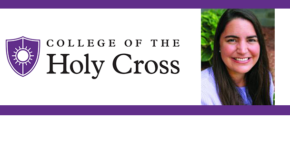
Alison Bryant Ludden, College of the Holy Cross – Teens and Caffeine
Is caffeine bad for teens? Alison Bryant Ludden, associate professor of psychology at the College of the Holy Cross, says the reasons behind caffeine use may be a bigger issue. Dr. Alison Bryant Ludden, associate professor of psychology at the College of the Holy Cross, studies how adolescents’ use of different caffeinated products unfolds over…
-
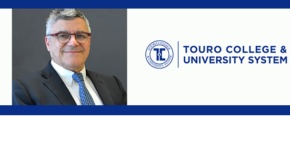
John Loike, Touro College – Xenotransplantation
Animals may help us bridge the organ donation gap. John Loike, professor of biology at Touro College, discusses xenotransplantation. Dr. John Loike joined Lander College of Arts & Sciences in the Fall of 2017 after serving as the co-director for graduate studies in the Department of Physiology Cellular Biophysics and director of Special Programs in…
-
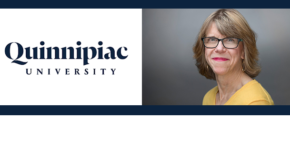
Sheila Molony, Quinnipiac University – Improving the Lives of People with Dementia
The feeling of home is critical to patients transitioning to an assisted living facility. Sheila Molony, associate nursing professor at Quinnipiac University, discusses how dementia patients benefit from their new home becoming a personal space. Sheila Molony, an authority on aging, geriatric care and dementia assessment, is leading a national conversation about this issue, and…
-
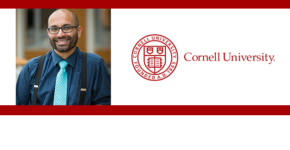
Suman Seth, Cornell University – Seasoning Sickness
Are you seasoned? Suman Seth, professor in the department of science & technology studies at Cornell University, explains seasoning sickness. Professor Suman Seth works on the social, cultural, and intellectual history of science and medicine. His interests include the history of medicine, race, and colonialism, the physical sciences (particularly quantum theory), & gender and science.…
-
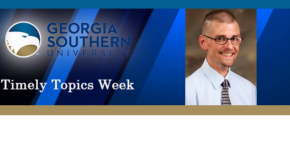
Richard Cleveland, Georgia Southern University – Law Enforcement in Stressful Situations
Stress can make a law enforcement officer’s brain function worse at precisely the wrong moments. Richard Cleveland, assistant professor and program coordinator in the Counselor Education program at Georgia Southern University, explores how mindfulness can help bring the world back into focus during stressful situations. Richard is assistant professor and program coordinator in the Counselor…
-

Marc Zimmerman, University of Michigan – Busy Streets Theory
What is the best to improve neighborhood safety? Marc Zimmerman, professor of public health at the University of Michigan, looks into the Busy Streets theory. Dr. Zimmerman’s research focuses on adolescent health and resiliency, and empowerment theory. His work on adolescent health examines how positive factors in adolescent’s lives help them overcome risks they face.…
-

Bodil Just Christensen featured on The Best of our Knowledge
As always, host Bob Barrett selects an Academic Minute to air during The Best of Our Knowledge. Each week this program examines some of the issues unique to college campuses, looks at the latest research, and invites commentary from experts and administrators from all levels of education. For this week‘s edition (#1461), Bob has selected…
-
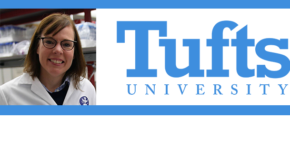
Jamie Maguire, Tufts University – Postpartum Depression
Postpartum depression is understudied. Jamie Maguire, assistant professor of neuroscience at Tufts University School of Medicine, explores a new treatment that could help new mothers. Jamie Maguire is an assistant professor of neuroscience at Tufts University School of Medicine and a member of the Neuroscience and the MS in Pharmacology and Drug Development Program faculties…
-
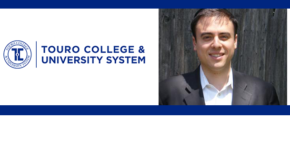
Steven Pirutinsky, Touro College – Benefits of Volunteering for Older Adults
Is volunteering beneficial for everyone? Steven Pirutinsky, assistant professor in the graduate school of social work at Touro College, examines how some, but not all, older adults benefit from helping others. Steven Tzvi Pirutinsky has a B.T.S. from Beth Medrash Govoha, an M.S. in Clinical Psychology from Teachers College – Columbia University, and a Ph.D.…
-
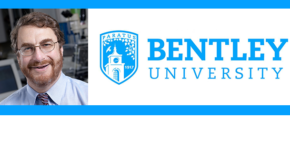
Fred Ledley, Bentley University – What Does Academic Research Contribute to New Medicines
Academic research can provide a big benefit to our health. Fred Ledley, professor in the department of natural & applied sciences at Bentley University, explores how basic research can be an essential step in finding new medicines. Dr. Ledley is an opinion leader in the integration of science, business, and education. He has extensive experience…
